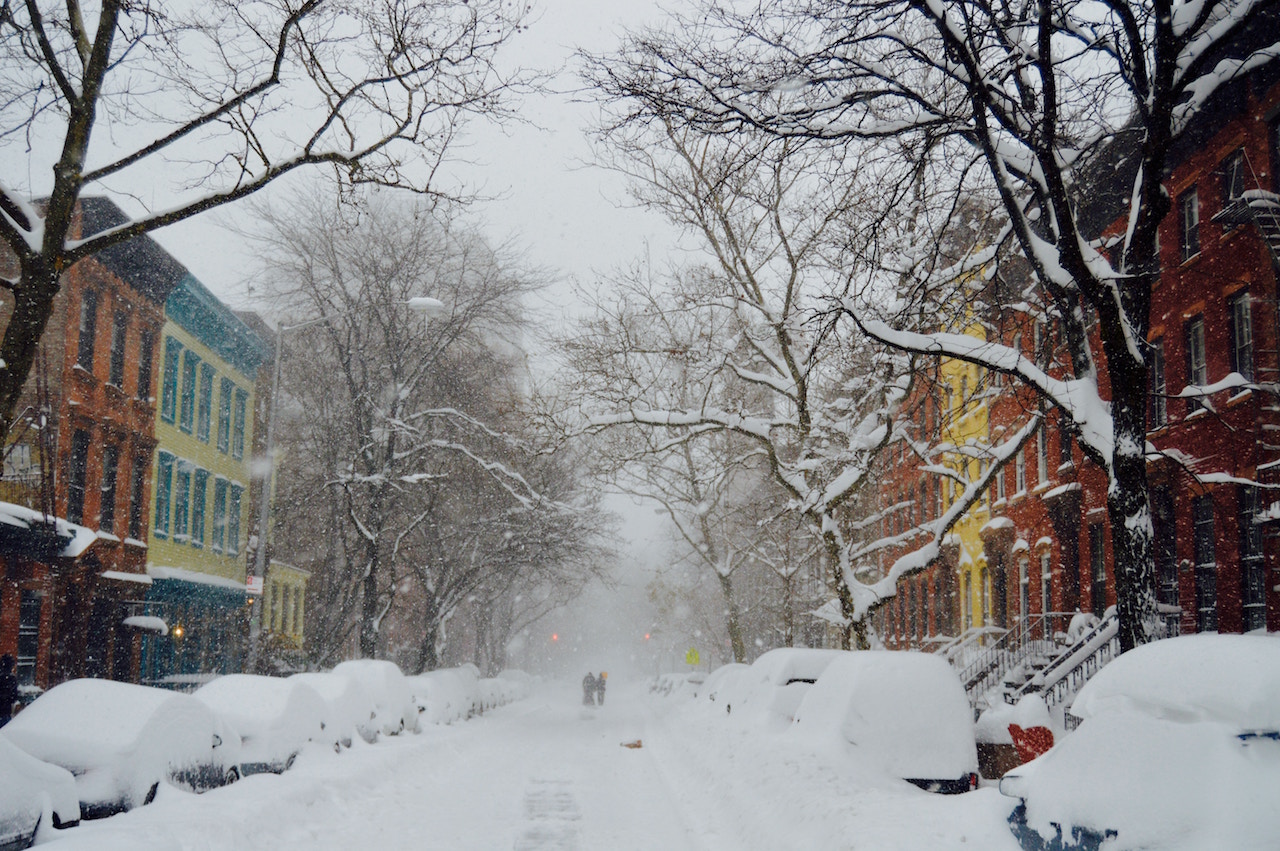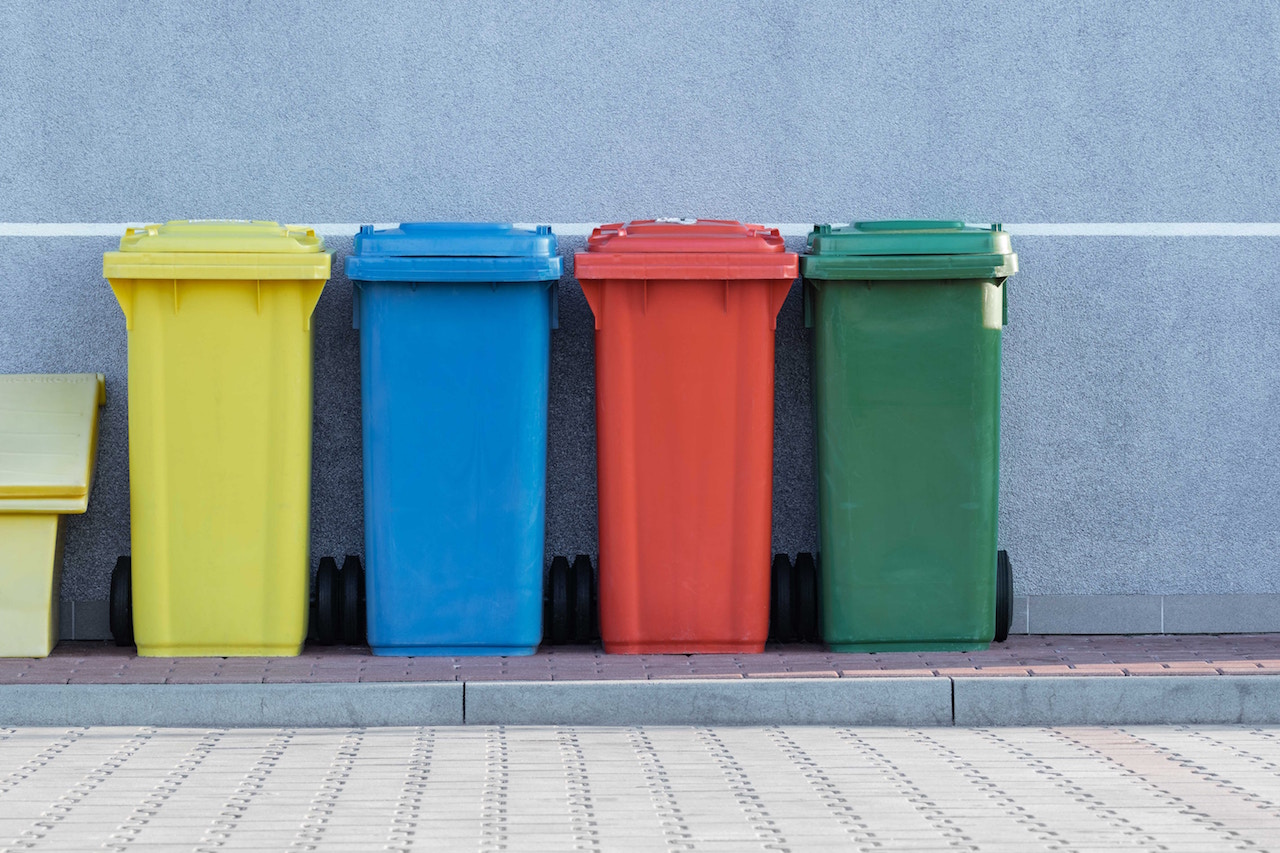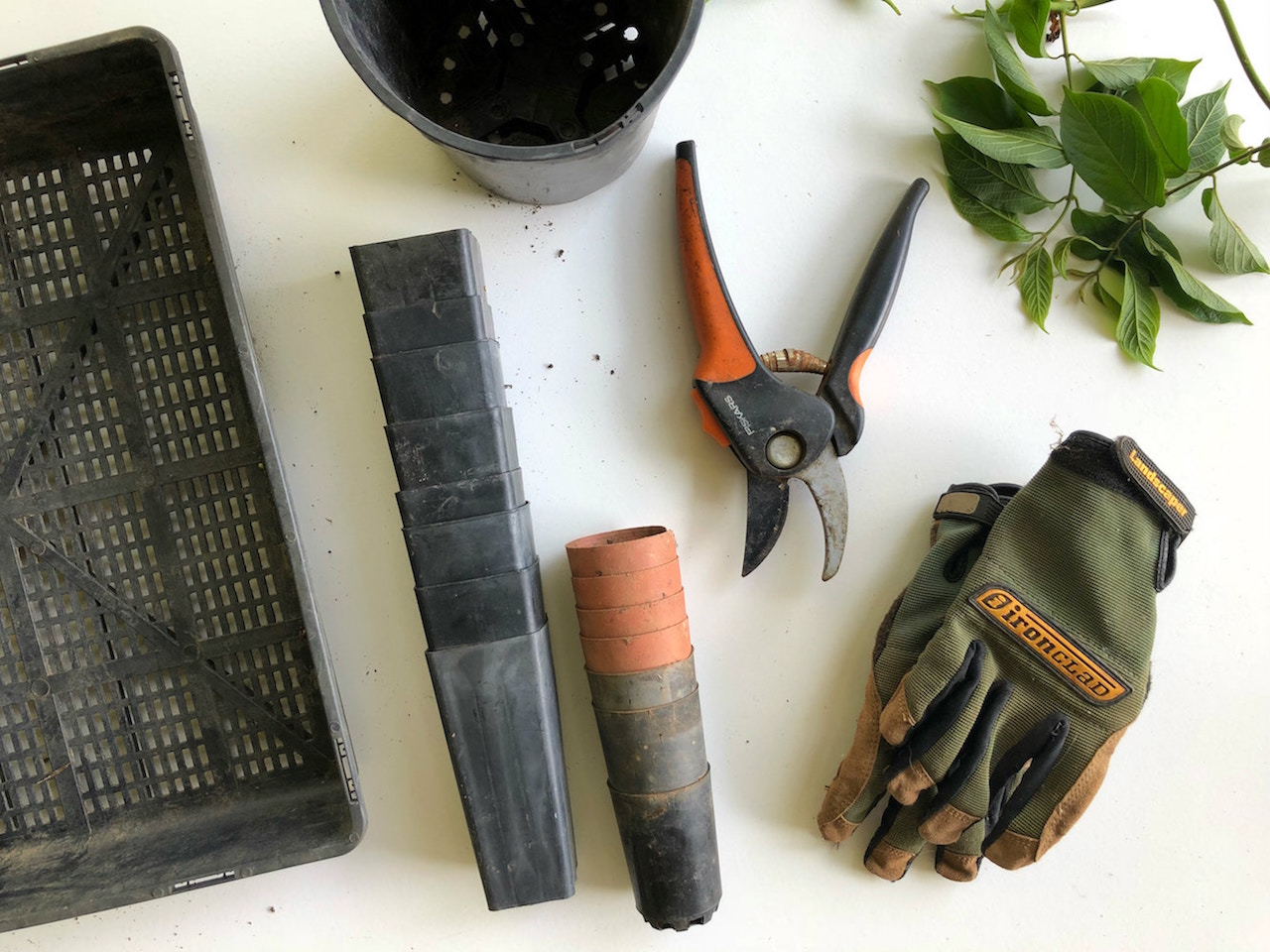Not Your Problem: Tenant's Maintenace Responsibilities
By Mariia Kislitsyna Updated on July 21, 2022
Rental property is a shared responsibility of the tenant and landlord. Maintaining a clean, secure, and comfortable rental property takes two people. That is why it is essential from start to articulate the duties and responsibilities of each party. It is the legal responsibility of the landlord to render the livable and safe residence; it is the tenant’s obligation to keep it this way.
Tenant is not responsible for the wear and tear that naturally occurs, but the negligent use can qualify as damage. Thus, the tenant must take a fair share of responsibilities for maintenance and upkeep. The landlord ought to ensure that the property is used accurately and articulate the tenant’s obligations. Some of the maintenance tasks are intuitive, such as trash disposal, others maybe not so evident and need to be asserted in the lease agreement.
Notifying the Landlord
It’s unlawful to make tenants responsible for the repairs. However, the tenant is responsible for notifying the property manager or landlord when the property needs servicing. Any damage that happens due to the failure to do so should result in a penalty or reimbursement from the security deposit. In most cases, the tenants can’t do repairs on their own, unless it is specified in the lease or directly permitted by the landlord. In case the landlord is not responding to the critical maintenance request, most jurisdiction (state and municipal) sanction tenants to make repairs that affect livability and charge the landlord after the fact.
Responsible Appliance Use
Appliances and devices, such as lamps, ovens, washers, and dryers, won’t survive reckless and negligent use. Responsible appliance use is a necessary thing in all living arrangements. If the device requires repair or replacement as a result of carelessness on the part of tenants, they have to reimburse the landlord for those expenses. For instance, if the dryer collapsed due to the abundance of dust and overheating, that is a result of improper tenant’s maintenance. Landlords are liable for routine maintenance, such as pipe cleaning or filter replacement. This sphere is a grey area that permits a lot of interpretations and should be addressed in the lease.
Smoke Alarm Check
Smoke detectors are frequently disregarded in the lease agreements, but they are an essential part of safety precautions. They don’t require maintenance unless the smoke alarm needs new batteries or the whole system breaks. The landlord is responsible for repair and battery replacement. The tenant is accountable for responsible use, such as avoiding false alarms from cooking. What is more important, the tenant is responsible for reporting any malfunctions and false alarms, since fire hazards are an imminent thread for all properties.

Snow removal
Snow removal is usually not the responsibility of the tenant unless otherwise specified in the lease. However, snow removal is also a matter of public safety for anyone who uses walkways that passes the property. Many cities impose penalties for failure to remove snow promptly. Consequently, tenants can end up paying the fine, since it is their responsibility to keep the property safe. Obviously, this requirement only applies to people without disabilities.

Trash disposal
Tenants have to get rid of the trash to maintain a clean and sanitary environment on the property. Most cities have waste disposal services for a fixed fee. Landlords usually include it in the rent or transfer this fee on via a lease clause. In the areas without conventional trash service, it’s imperative to arrange a waste disposal mechanism and include it in the lease.
Pest control
The landlord needs to ensure that a rental is pest-free prior to inviting in tenants. However, once the rental is occupied, tenants assume some of the responsibility for keeping it pest-free. They are financially liable for infestation caused by neglect, especially if they violated hygienic standards. However, if the property has structural problems that allowed the outbreak, the landlord cannot pin it on the tenant.

Mold prevention
This responsibility is the tricky one, and sometimes it is hard to define the root of the problem. Moisture is the primary cause of mold. If the moisture comes from building leaks or plumbing,- it is a responsibility of the landlord to clean it up promptly. The tenant would assume the liability for the mold if it was a result of inadequate ventilation or piles of wet clothes. This way tenant has to clean surface mold on furniture and bathroom walls.

Landscaping
The tenant is automatically responsible for keeping the yard safe and removing obstructions, especially if you have a sustainable and low-maintenance backyard that does not require much effort. Otherwise, there is no specific requirement on the part of the tenant. However, most landlords include the clause in the lease that assigns certain yard tasks to the tenant. On this occasion, the tenant is liable for violating any municipal regulations regarding the yard and lawn upkeep. Nonetheless, you should force those responsibilities upon the tenant and can try to negotiate yard maintenance in exchange for a minor discount.
Septic maintenance
Septic system is a vulnerable spot for many detached houses. Septic maintenance is crucial to keep it functioning for a long time. Most landlords include a separate clause regarding septic maintenance, but it is tough to enforce. A much better solution is an honest conversation with your tenant regarding the best maintenance practices. The paramount to septic well-being is treating greases, oils, and non-degradable substances as trash and not plumbing waste. Tank pumping, pump maintenance, and regular septic treatment are always the responsibility of the landlord.
It is essential to write the most detailed lease agreement you can think of. Any uncertainties, grey areas or broad definitions can result in damage nobody going to reimburse you. Certain clauses may include maintenance tasks that don’t usually ascribe to tenants, but and once they put their signage, they are legally bound to play by your rules. Therefore, Encourage your tenants to study the lease carefully before signing or even read it out loud with them. Tenants have to understand their right and responsibilities for an extended and damage-free stay on your property.
Mariia Kislitsyna
Mariia serves as editor-in-chief and writer for the Rentberry and Landlord Tips blogs. She covers topics such as landlord-tenant laws, tips and advice for renters, investment opportunities in various cities, and more. She holds a master’s degree in strategic management, and you can find her articles in such publications as Yahoo! Finance, Forbes, Benzinga, and RealEstateAgent.